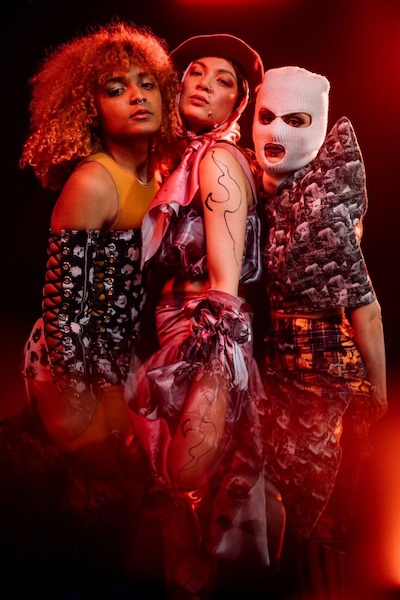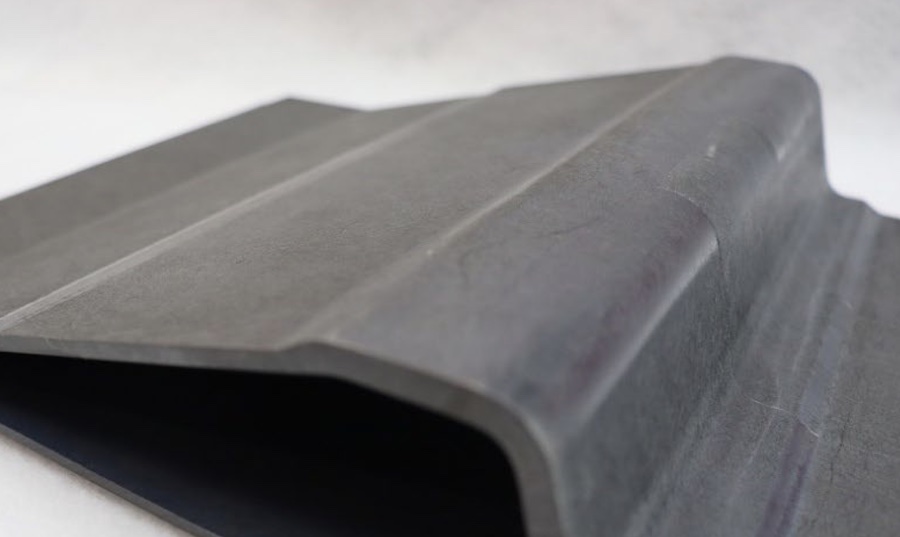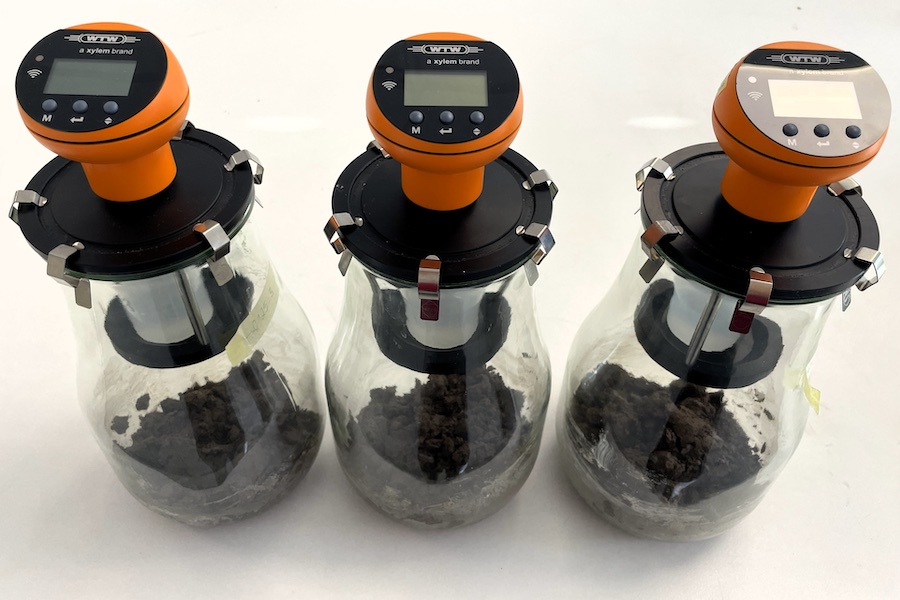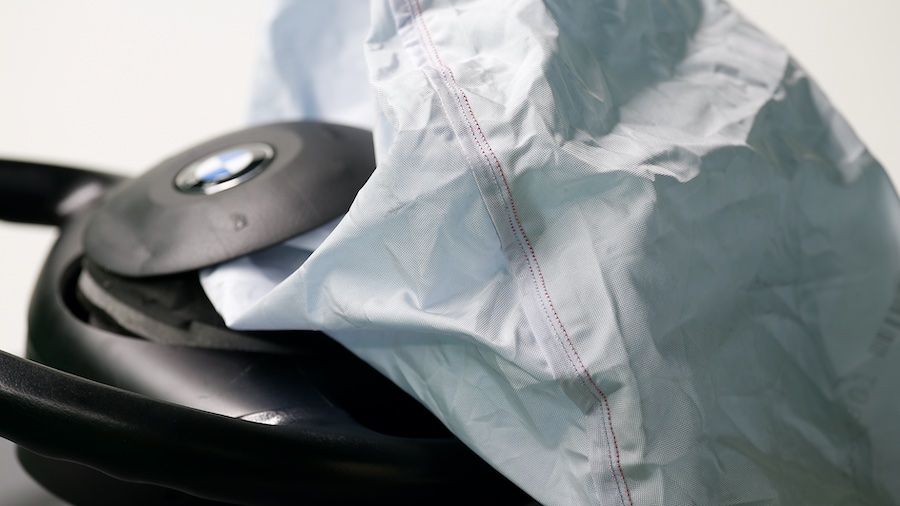#Research & Development
HSNR students show their own collections at Neo.Fashion Berlin
Nine graduates from the Faculty of Textile and Clothing Technology at Hochschule Niederrhein (HSNR) present their collections at Berlin Fashion Week. Every year at Neo.Fashion, graduates have the chance to give an insight into their creative work. This year, Neo.Fashion runs from July 2 to 3.
The HSNR graduates attach great importance to innovation and sustainability. During their studies, the diverse practical work in the technical centers and laboratories enables them to design fashion and textiles along the entire textile value chain.
In keeping with the title of her collection "skinsitive - pure cotton", Anna Reintges (Bachelor Design Engineer Fashion) focused on particularly skin-friendly lingerie loungewear made from pure organic cotton. Even components such as the strap adjusters and elastic bands are made from organic cotton or natural rubber, making the entire collection biodegradable and vegan.
Florian Schilder's (Bachelor Design Engineer Fashion) collection "Form Follows Flora" aims to raise awareness for endangered plant species. In doing so, he focuses on man's fascination with nature and reflects on the effects of its exploitation. His cuts, patterns and materials are inspired by endangered plants. Monochrome pieces imitate eucalyptus leaves, drapes embody iris flowers and folds mimic leaf structures.
Kerstin Greul's (Bachelor Design Engineer Fashion) collection is called "Reworked Radiance" and is primarily designed for menswear. She has breathed new life into used items of clothing through upcycling, combining old material with new elements. Lacing and cut-outs create an avant-garde look with designs that are sustainable and trend-conscious.
Leonie Bachstädter (Master Textile Products - Design) has created six outfits for her "PHYGITAL WEAVE" line. She expresses the interweaving of two realities: physical trade and virtual design processes. Renderings of textile surface textures, reflections and drapery are printed on organza or woven on jacquard. Leonie Bachstädter also worked exclusively with flawed leather, creating suits, dresses and a coat with 3D-printed buttons and ear protection accessories.
Tatjana Reider (Master Management of Textile and Trade Technology) used a color that alternates between blue and purple for her garments to match the title "BAD MOON RISING". The gender-neutral collection combines classic silhouettes with futuristic accents such as design elements made of transparent fabrics.
Nora Abdel Hadi (Bachelor Design Engineer Fashion) fuses different styles within the black scene - inspired by fashion, music and philosophy of life. Under the title "In the Realm of Shadows", she has designed a line for everyday wear and one for special occasions for the spring/summer season. The result is seven outfits, each consisting of at least three individual pieces, which can be combined as desired.
In Naahal Sanatigar's (Bachelor Design Engineer Fashion) collection "knock knock. who's there? its'you! who's you?", psychology meets fashion. She reflected on different phases of her life. In the fashionable realization of emotions such as security or fear, six outfits were created, each representing a stage of her personality development and including silhouettes ranging from flowing to body-hugging. She worked with water-based digital printing on cotton and "cameo printing".
In "I'll be your mirror", Lisa Opitz (Bachelor Design Engineer Fashion) contrasts the grandparent and grandchild generation. Using family photos as a foundation course, she worked out the stylistic means of the baby boomer generation. Elements of clothing from the past were emphasized and reinterpreted by incorporating current Generation Z trends.
Sophie Plöttner (Bachelor Textile and Clothing Technology - Product Development) and Lisa-Marie Brodka (Bachelor Design Engineer Textile) are competing as a team in Berlin. With their collection "DEAR JANUS" - named after the Roman god Janus, who looks to the future and the past - they present contrasts in cut, color, shape and style. The two graduates combine traditional trade with state-of-the-art AI technology. Codes become brushstrokes, prompts become images. The cut design is based on an experimental approach and free draping. The duo will also be taking part in the Best Graduates Show at this year's Neo.Fashion.














